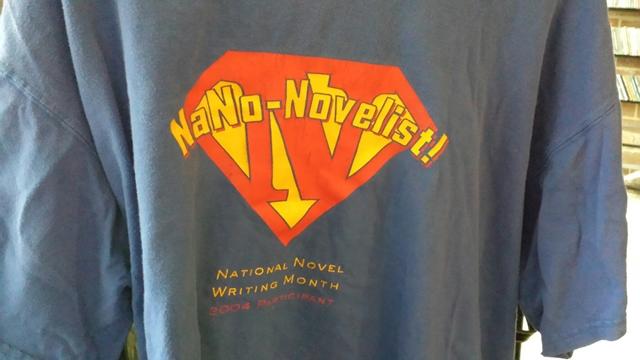I heard of Project Greenlight when it launched over a decade ago, but I never followed the series. I recently watched the existing three seasons and am now following the new one (and all its controversy).
The show is a great lesson in creating art, creating art that sells, and what happens when you’re in the business of creating art that sells. Biggest take away: In Hollywood, everything is a team effort. I’d say the same is true in publishing as well.
Purists will think it’s evil, but I’m all for making a living doing what I love to do: telling stories. And one thing I know I’m ready for — in fact, I’m craving — is collaboration. I want a team that believes in my talent and is just as invested in seeing me succeed as I am.
Of course, having a team means it’s no longer about “I.” It’s about us. I can come to the table with a complete manuscript and vision, but that’s just the beginning. A lot can, should, and will change as a result of the collaborative process. My job is to stand up for the integrity of my vision. But my job is also to accept that other people can come to the table with good ideas for making my vision even sharper and to embrace (and welcome) these ideas.
I haven’t always felt this way. With my first two novels, I was very protective of the art. Had I worked with a developmental editor or an agent back then, I think it would have been hard for me (and, as a result, for them) because I was too close to the work, too wedded to my vision, too insistent on my ownership of it. I’m past that.
I think the work I’ve done for the last three years on Novel #3 (affectionately called Little Fucker) broke me, and not in a bad way. I’m much stronger now. I can remove myself from the work and look at it with a ruthlessly critical eye. I’m confident and unapologetic when I say to myself (or anyone else), “It’s not working. I need to fix it and do better.” And I have no patience for people who don’t get the fact that sometimes the writing doesn’t work and sometimes starting over is actually a smart move and indicates real progress and maturity on the writer’s part. I’m beyond the need for ego-stroking, even though my ego still very much exists and I want to produce something that readers are going to love.
One of my favorite movies is Casablanca. The story-to-screenplay was very much a collaborative effort, with several writers touching it. (From my understanding, this is common in American cinema. Screenwriters need to get used to letting go of their work.) While novelists get the billing on their novels, there’s a team behind them (agents, editors, copy editors, etc.).
And I’m OK with that. More than OK.
Like I said — progress.
Updated to add: I love this article by Emma Donoghue, author of Room — the novel and screenplay. She talks about the challenges of writing a screenplay and the importance of collaboration.
Updated to add (2/15/21): Got a nice email from someone today about adding a reminder to this post to shop Black-owned businesses whenever possible. Check out the link for a great roundup! And another email from June 2021 encourages readers to consider various reasons to support the BLM movement.

